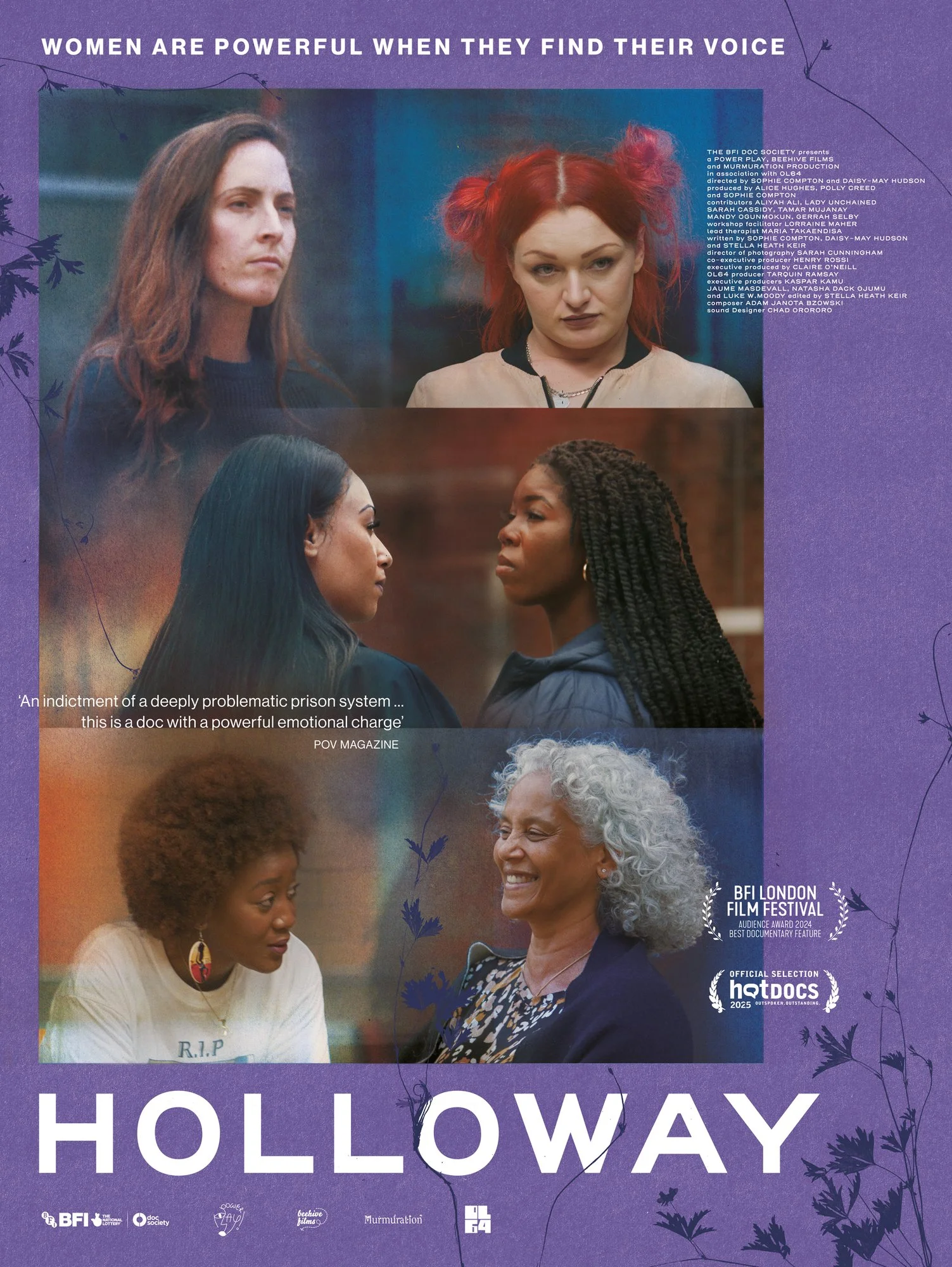Voice of Business: Supporting Stronger Indigenous Economic Outcomes
/We need to do better when it comes to economic reconciliation.
Economic reconciliation is so much more than a moral imperative — the cost of inaction is holding us back culturally and economically.
There’s a new policy paper from the Ontario Chamber of Commerce (OCC) and Canadian Council for Aboriginal Business (CCAB) called Sharing Prosperity: An Introduction to Building Relationships for Economic Reconciliation in Ontario. It’s an introductory resource as part of the Economic Reconciliation Initiative, a partnership between both organizations aimed at advancing economic reconciliation by building business capacity to implement the Truth and Reconciliation Commission’s Call to Action 92.
It's key to appreciate that reports like this are a starting place. It provides some of the resources to build relationships and move us in the right direction. To get there, it helps give historical context, provides insights on Indigenous rights, highlights challenges facing Indigenous businesses, and provides meaningful opportunities for engagement.
The report describes an Indigenous economy that is both strong and growing with Indigenous businesses contributing nearly $50 billion annual to Canada’s GDP. There are more than 75,000 Indigenous-owned businesses and entrepreneurs in Canada.
Some of the key actions that businesses can take include:
Advancing Indigenous cultural awareness and education by sharing territorial acknowledgements, distributing educational reconciliation resources to staff, providing Indigenous cultural competency training, and attending/participating in Indigenous events.
Promoting equitable Indigenous employment and business opportunities by providing reduced rates/complimentary access to events, memberships, and training for Indigenous businesses/individuals, implementing inclusive Human Resource strategies to recruit and retain Indigenous candidates, auditing workplace policies and procedures to promote reconciliation, linking executive compensation to economic reconciliation performance metrics, and convening an Indigenous Advisory Committee.
Engaging with Indigenous communities and supporting economic development by making Indigenous community investments, developing Indigenous partnership-building and engagement strategies, implementing Indigenous procurement policies, obtaining certification/accreditation in Indigenous relations, developing a Reconciliation Action Plan, and entering into revenue- or equity-sharing agreements with Indigenous businesses and/or communities.







